Tag: Relationships
Wisdom for Teams #33
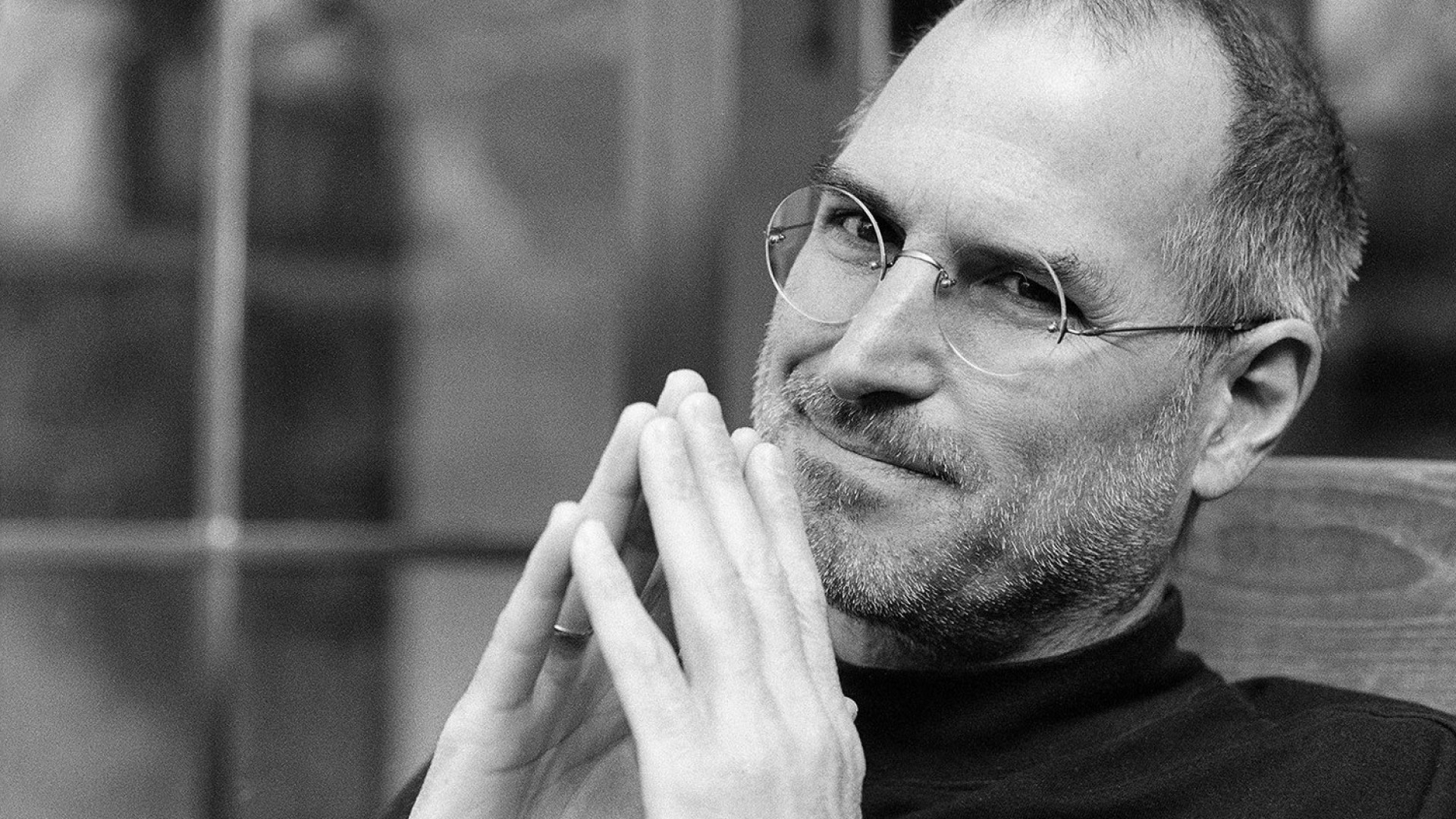
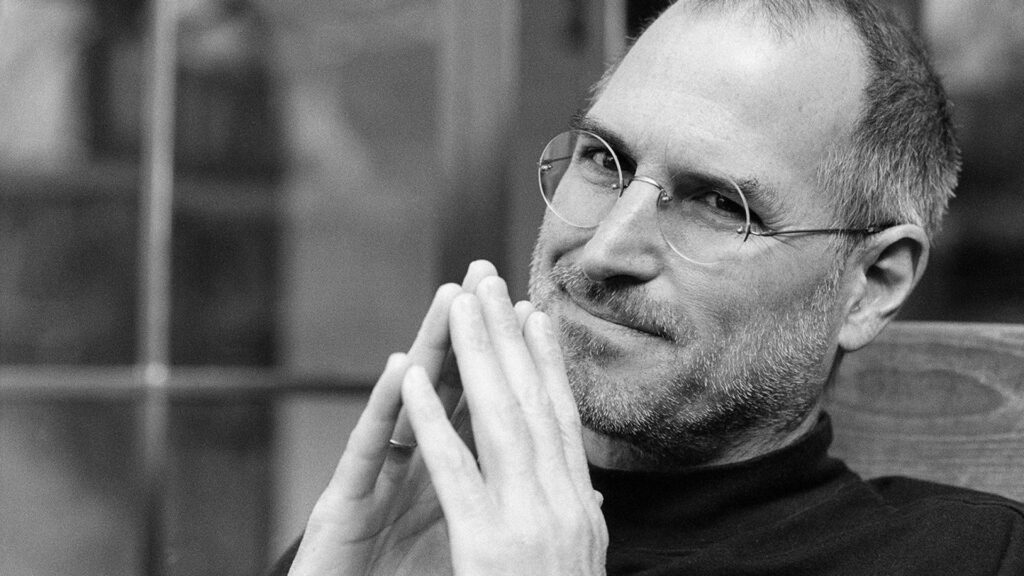
You are already naked.
There is no reason not to follow your heart.
—
STEVE JOBS (1955 – 2011), American business magnate, industrial designer, investor, and media proprietor.
Wisdom for Teams #32


Ring the bells that still can ring
Forget your perfect offering
There is a crack, a crack in everything
That’s how the light gets in.
—
In the song Anthem by LEONARD COHEN (1934 – 2016), Canadian singer-songwriter, poet, and novelist.
Wisdom for Teams #31


Scene from the movie “The Little Prince” (Netflix)
-A scene from the animated movie “The Little Prince(Netflix)-
[The fox said] “It is the time you have wasted for your rose that makes your rose so important.”
“It is the time I have wasted for my rose,” said the little prince, so that he would be sure to remember.
—
In “The Little Prince” by ANTOINE DE SAINT-EXUPÉRY (1900 – 1944), French writer, poet, aristocrat, journalist and pioneering aviator.
Xmas Gift List (Including Gifts to Oneself)
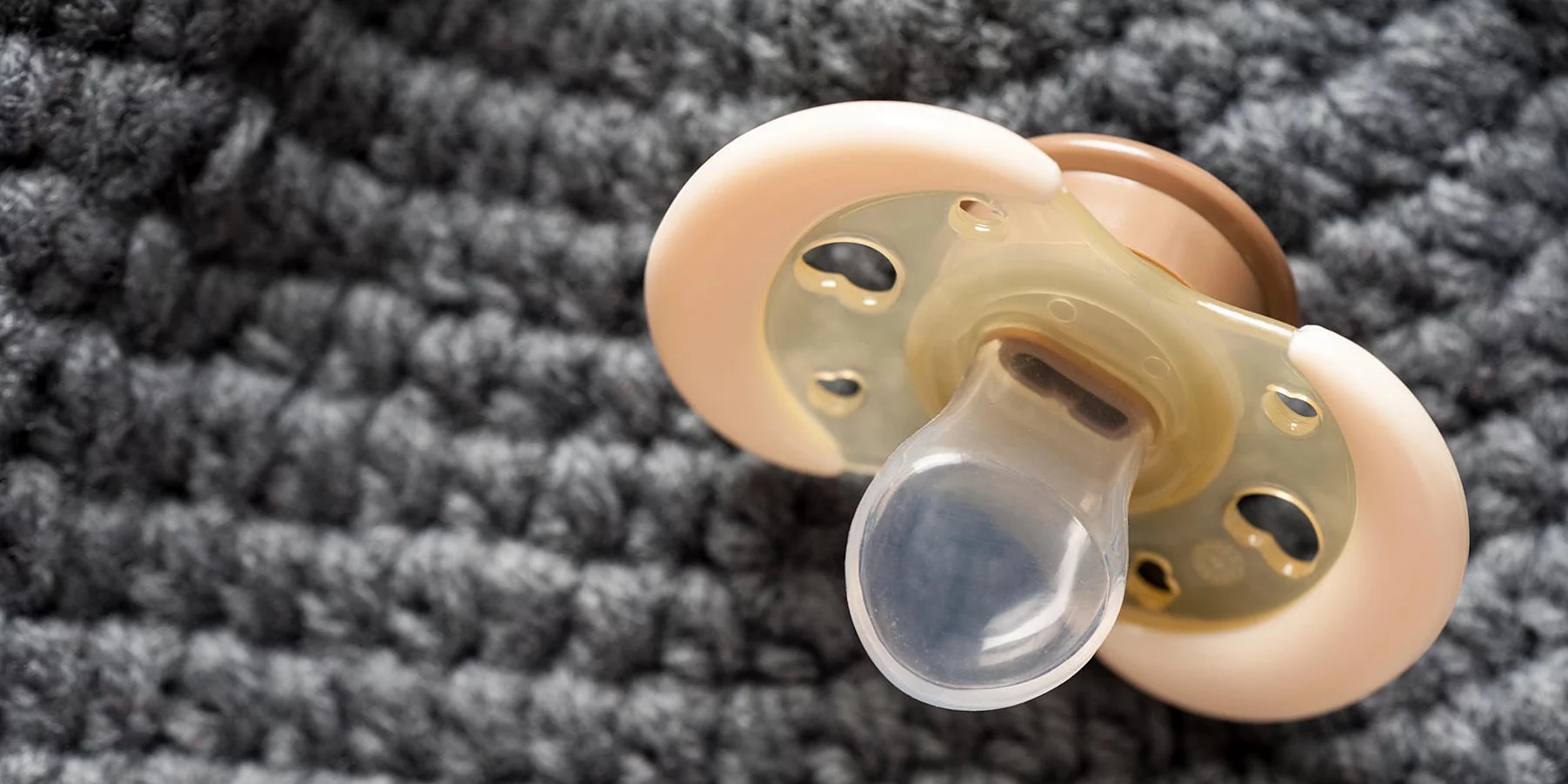

—
When I was about three, so my moms says, at one of the big family parties my parents used to host at home, one of my cousins of about the same age would not stop crying. I asked my mom why. She explained he had lost his pacifier.
I walked away in silence, went upstairs to my room and returned with my pacifier in hand, and then I plucked it into the open mouth of my crying relative, and that was the end of pacifiers for me.
This week I asked myself: If could only pick one value for a good life, what would it be? My usual top three are humility, gratitude and generosity. After some reflection, I picked generosity. I think I picked generosity when I was about three.
It’s funny how giving is both a gift for the receiver as well as the giver. And there are many forms of generosity beyond the material. Here’s a list of what we can give this holiday season, including to ourselves.
- Giving time
- Giving patience
- Giving silence
- Giving peace
- Giving joy
- Giving understanding
- Giving empathy
- Giving positivity
- Giving energy
- Giving the benefit of the doubt
- Giving a second chance
- Giving up being right
- Giving the center stage
- Giving sincere appreciation
- Giving belief in someone
- Giving forgiveness
- Giving unconditional love
What could you give more?
What would you add to this list?
Wisdom for Teams #30
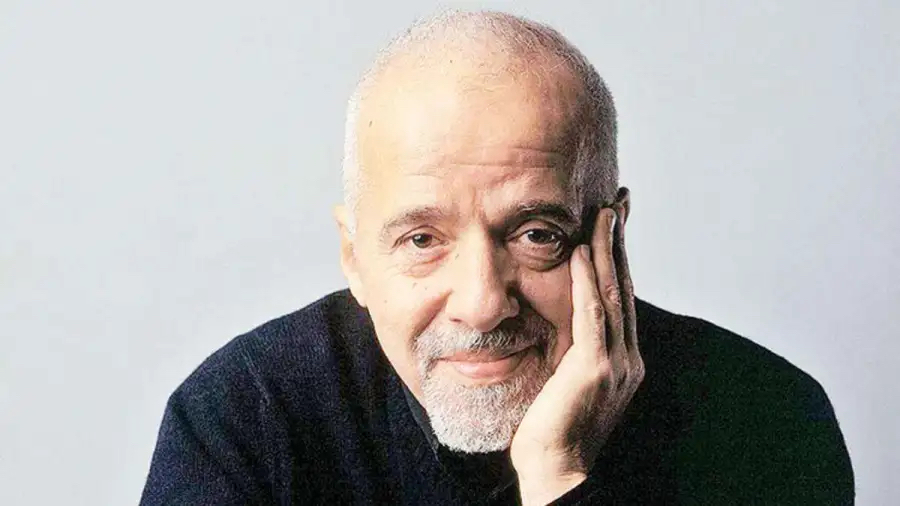
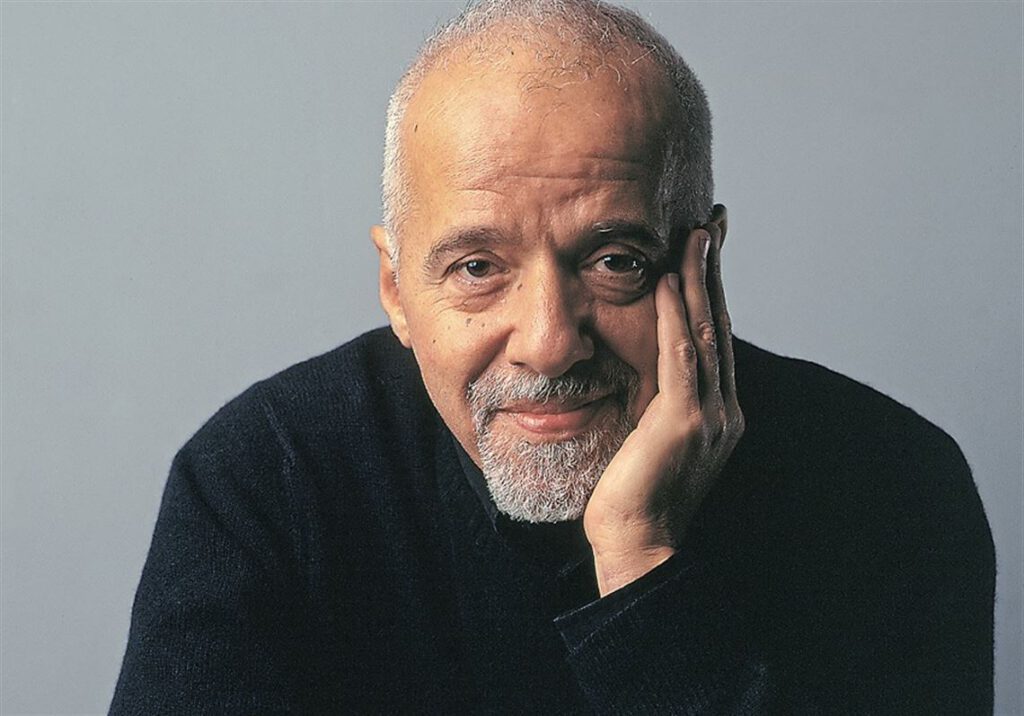
—
Everyone seems to have a clear idea of how other people should lead their lives, but none about his or her own.
—
PAULO COELHO (1947), Brazilian lyricist and novelist, author — among many others — of The Alchemist.
A Life Lesson From Computers
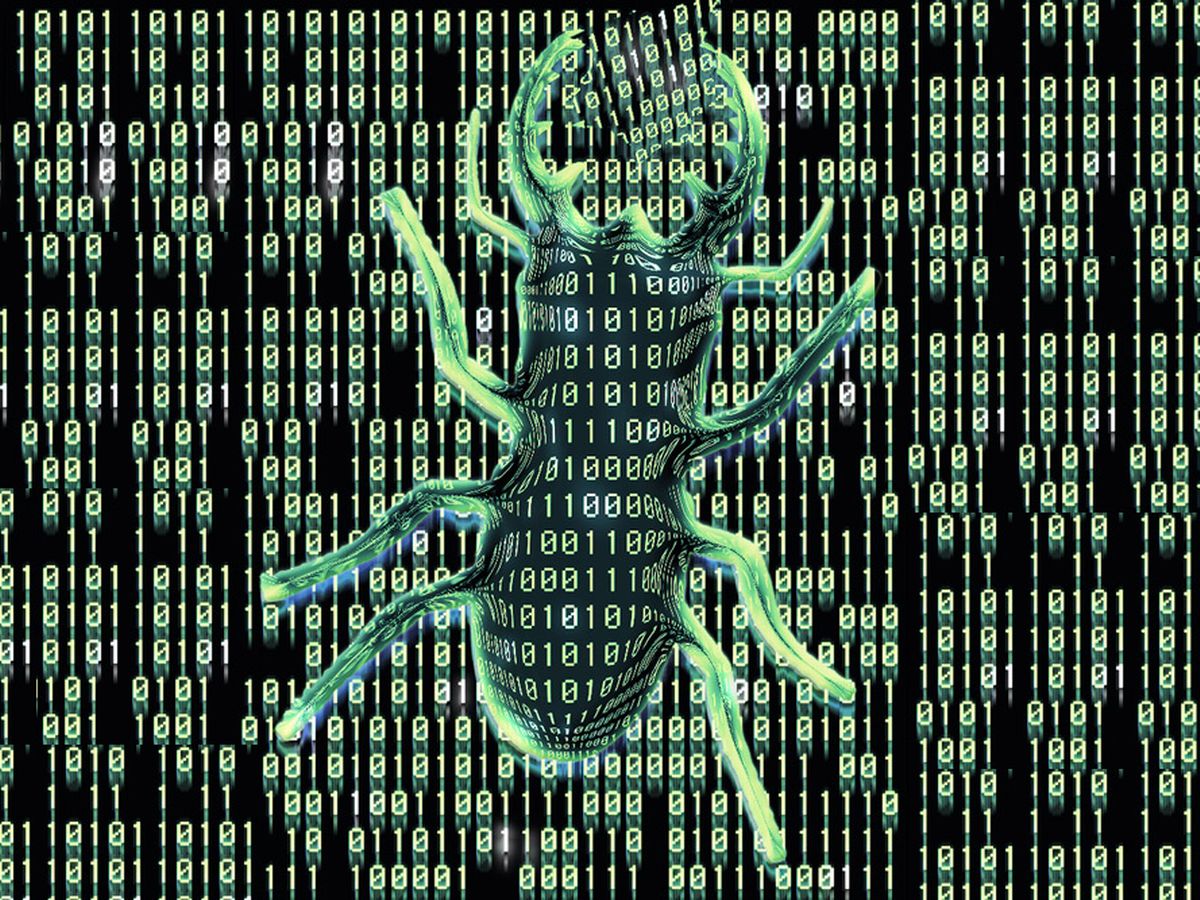
“Don’t put the bags on the bed. They have germs,” she said. The couple had just returned home from the mall. “I don’t get it,” he said, “the dogs spend the day running around in the garden and then they sleep on the bed. But the bags…?!”
—
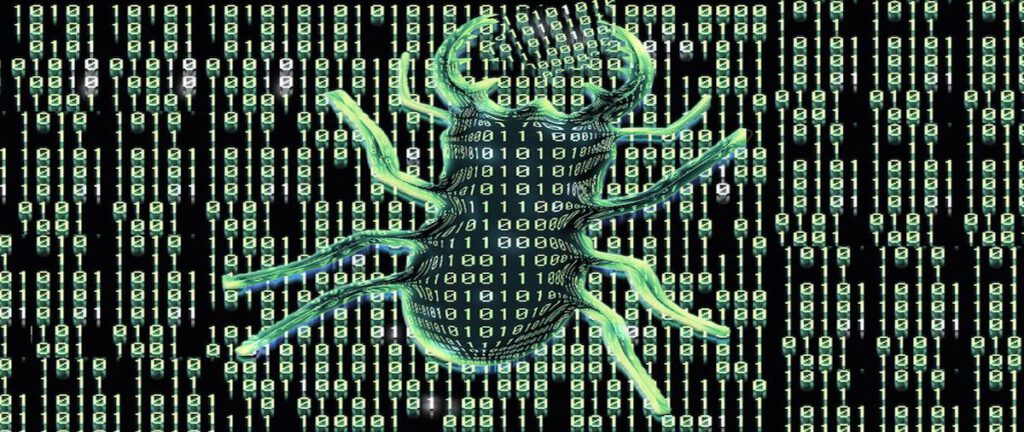
—
Most computers run a single operating system. Most computers have bugs. Human brains run on three operating systems: reason, emotion, and instinct. Is it too big a surprise that we have bugs?
To nurture relationships in all areas of life we will want to embrace the occasional bug in people’s behaviour.
Don’t look for reason in what is emotional.
A Big Heart, Do You Have One?


—
Every Wednesday evening two friends, Alex and Florian, and I meet for our stammtisch, a German tradition where friends regularly get together to hang out and drink. We do it via Zoom and we’ve been at it for months. We sometimes have a guest, and we always end up having interesting conversations. Last week’s topic was — you guessed it — big-heartedness.
In good philosophical tradition, we started by defining what we consider to be a big heart:
—
Big hearts have an irresistible passion to serve others regardless of their status, without expecting any reward.
—
Then we asked ourselves whether people are born with a big heart. Though genes may play a role, we had no doubt that life is the great creator of big hearts.
—
We are not born with a big heart. We grow into it.
—
The next step was then to explore factors that make us grow into big hearts and to identify what is it about these factors that help the heart grow. This is what we uncovered:
- Role models with big hearts
- Environments of friendship
- Experiences of service
- Downfalls in life that we breakthrough
—
The final question we addressed was whether there is a point in life after which we can no longer grow the heart. We searched our “big heart database” and concluded that, provided the above factors, it is never too late.
—
There is no deadline to grow our heart.
—
So where are you on your big heart journey?
Can you identify your big heart role models and environments?
What experiences and breakthroughs have helped you grow into a bigger heart?
Join the LinkedIn conversation here.
An Exercise to Assess Your Relationships
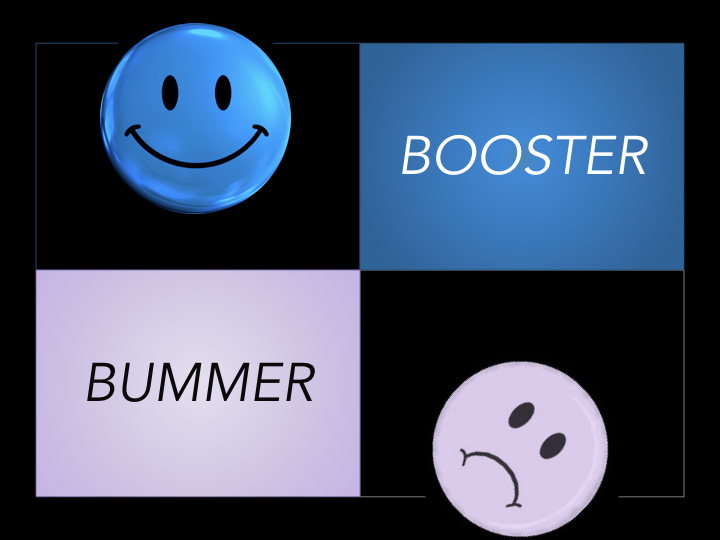

—
This is a 3 min. exercise I’ve been doing in my trainings. I created it because relationships are a great source of energy. Given our limited mobility these days and the constraints of online interaction, who can’t do with a bit more energy? But relationships can also drain our energy. So it’s crucial to know which are and are not energizing us.
Step 1
Make a list of the top 5 to 10 people that you spend more time with, people that occupy your physical and/or psychological time. The nature of the relationship is not relevant here. However people you love but don’t spend too much time with are not for this list.
Step 2
Make two columns. On the left write “Bummer”, on the right write “Booster”. In the “Booster” column put the names above of the relationships that are energizing you. In the “bummer” put the names of relationships that are currently draining you. When in doubt, opt for the bummer side.
Do this honestly. Notice that we’re talking about the state of the relationship and not the person. Relationships have ups and downs. You might have a relationship with someone you love dearly that is currently in a bummer state.
Step 3
For the people in the booster column commit to reinforce your relationship with plenty of positive feedback, compliments and appreciation. This will strengthen the booster loop you have going.
Step 4
For the people in the bummer column, choose one of these three options:
Option 1: End the relationship. If the relationship really doesn’t bring anything significant to your life and you are in a position to end it, end it.
Option 2: Fix the relationship. If the relationship is one you value deeply and want to continue, then it’s time to have one of those talks and let them know you’re being drained. Left as is, this relationship can turn toxic.
Option 3: Insulate (not isolate) yourself from the other person. If you can’t end the relationship, and it just ins’t worth fixing, you want to protect yourself from their draining influence.
This is done with what Andres Martin, founder of the Foundation for Emotional Education of Barcelona, calls an “emotional condom”. A condom allows you to interact without getting infected, in this case, without draining your energy. This is choosing to walk away, inside.

